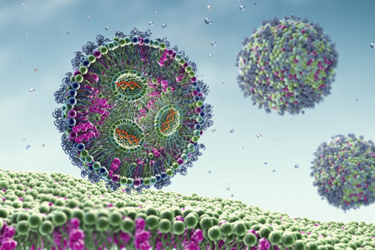Unpacking The Importance Of Lipid Nanoparticle Production Platforms
By Maik Jornitz, COO of DIANT Pharma, and Antonio Costa, Ph.D., founder and CEO of DIANT Pharma

Batch manufacturing processes for lipid nanoparticles (LNPs) are prone to limitations that can impact productivity, consistency, and scalability. These drawbacks include the time-intensive nature of batch production, inefficient use of resources, and a higher risk of contamination due to the repeated transfer of materials between unit operations. Furthermore, batch processes can be difficult to monitor and control, often leading to inconsistencies in product quality.
As demand for LNPs continues to grow, there is a push toward more innovative and efficient processing solutions. Continuous processing, for example, offers a streamlined, closed-loop system that consolidates multiple unit operations. This approach minimizes human intervention and the risk of contamination while providing advanced, in-line process analytical technologies to ensure consistent quality. By moving away from batch-based methods, manufacturers can achieve greater efficiency and scalability, setting new standards for LNP production. Learn more about the future of LNP processing by reading the full article.
Get unlimited access to:
Enter your credentials below to log in. Not yet a member of Bioprocess Online? Subscribe today.
